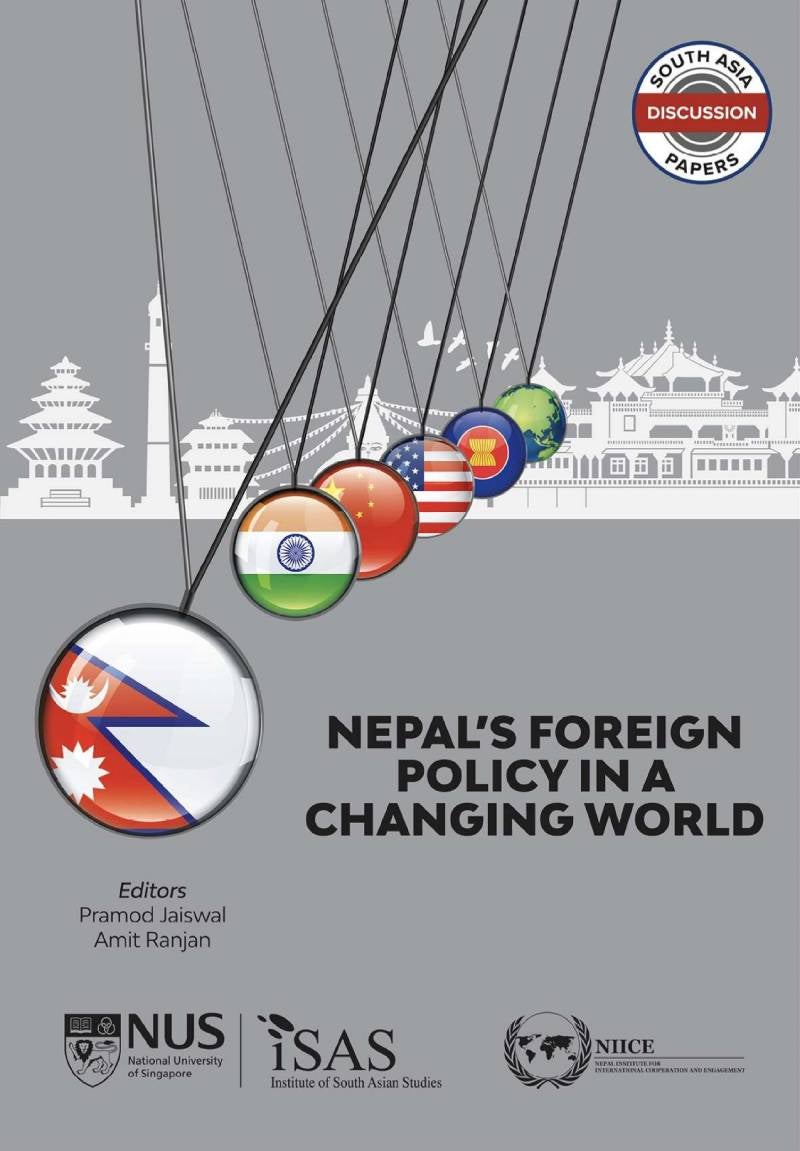Ever since its transition from a constitutional monarchy to a republic in 2008, Nepal has witnessed tremendous political developments. While its geographical location – situated between two Asian powers, India and China – was seen as a constraint to its engagement with the rest of the world, the country seems to have broken the shackles. It has expanded its horizons from being limited as a “yam between two rocks” to building important ties with other regional countries and the major global powers.
This issue of the South Asia Discussion Papers is jointly published by the Institute of South Asian Studies in the National University of Singapore and the Nepal Institute for International Cooperation and Engagement. It provides a diverse understanding of the multiple nuances in Nepal’s foreign policy in the changing geopolitical context.
-
 More From :
More From :
-
 Tags :
Tags :
-
 Download PDF
Download PDF



